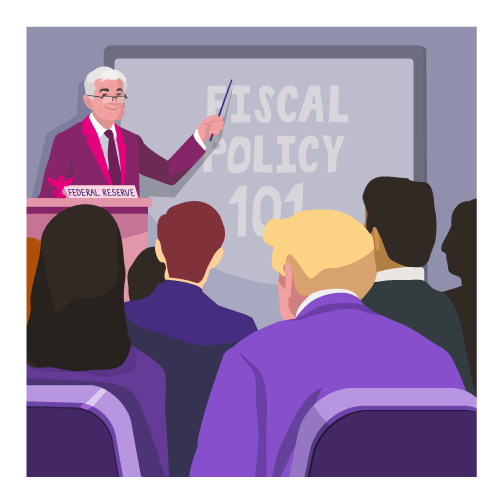
Monthly Review - September 2025
In brief
The markets

3.5%
2.5%
1.3%
3.3%
-0.1%
3.6%
1.8%
0.5%
2.0%
Source: Bloomberg 30.09.2025, returns in local currency
Top stories

FOMO rally continues
Propelled by the ‘Fear Of Missing Out’, equity markets rallied harder, likened by some to the ‘dotcom boom on steroids’. The Chinese tech sector further outstripped the Nasdaq, on AI (artificial intelligence) advances and hopes for self-sufficiency in AI chip design and production. Not all markets joined the rally, however. Government bonds remained subdued, with yields at higher levels in the face of towering government debt. As budget difficulties in France brought two debt downgrades in one week, the benchmark government bond yielded more than the domestic bond issues of corporate champions such as L’Oréal, Airbus and AXA.

A rate cut at last
While other major central banks stayed pat, the US Federal Reserve (Fed) cut rates by 25 basis points (bps), as widely expected. Fed Chair Jerome Powell commented that a 50bps cut, as favoured by the US president, was never seriously considered. He flagged the move as a “risk management” cut, as jobs data have recently shown signs of weakness. After ongoing meddling by President Trump, Powell reasserted the independence of the world’s dominant central bank. He reassured markets that the Fed remains dependent on data, strongly committed to full US employment and its 2% inflation target.

Big tech, huge deals
Software giant Oracle joined a consortium that will control TikTok in the US. Oracle is to oversee and provide security for the algorithm, which remains with Chinese founder ByteDance. AI chipmaker Nvidia, the world’s biggest company, announced a stake worth up to $100 billion in OpenAI, the creator of ChatGPT. The companies will jointly build data centres, dubbed “AI factories”, aiming for a massive expansion of computing power. Alongside this, OpenAI announced a $400 billion plan for Stargate, its AI infrastructure project, to build five new data centres. Meanwhile, Tesla founder Elon Musk was awarded a package worth up to $1 trillion, if performance targets are achieved.

A sustainable silver lining
President Trump has set about dismantling the US climate change agenda in favour of fossil fuel investment. Nonetheless, despite his contempt for climate science, the president’s sweeping global tariff regime is inadvertently generating some climate victories. One positive is that the volume of goods transported by sea and the distances travelled has declined, prompting significant reductions in fuel consumption and carbon emissions. Additionally, Trump’s 50% levy on the steel used in goods like washing machines means more products are being made and reused locally. This has created domestic job opportunities in repair work, which, unlike manufacturing, is less likely to be automated.
On the radar

After a sustained campaign of attacks, President Trump successfully installed his nominee as a voting member of the Federal Reserve. Given that Stephen Miran is effectively on unpaid leave from the White House, will this move compromise the Fed’s independence?
US monetary policymakers indicated they expect another 50 bps of rate cuts throughout the remainder of 2025, with a further 25 bps cut following in 2026. But Fed chair Jay Powell has urged investors to be cautious, indicating that these reductions are not guaranteed.
In a bid to compete with US rivals, Beijing has banned Chinese companies from buying Nvidia AI chips, thereby demonstrating confidence in its domestic semiconductor champions. Global AI companies will be closely monitoring whether Chinese chip makers can indeed achieve comparable performance.